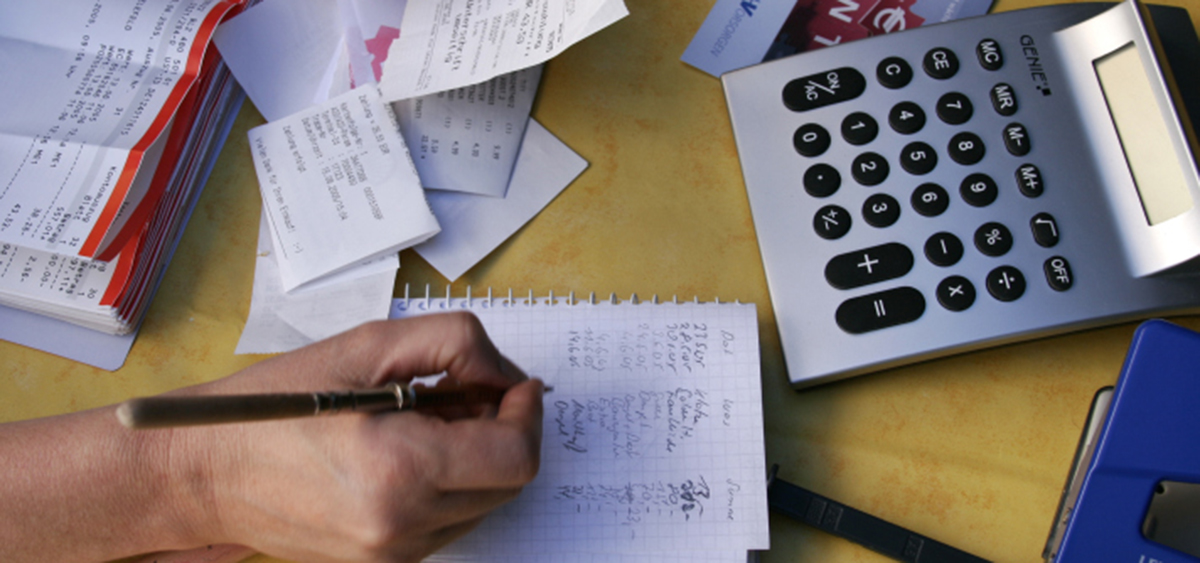You have debts and you want to avoid going bankrupt? Voluntary deposit is a solution that lets you pay your debts and avoid the risk of having your salary or furniture seized.

Registering for Voluntary Deposit
Voluntary deposit means voluntarily depositing part of your income at the office of the court. That way, you can repay your debts by regularly depositing – every two weeks, for example – a portion of:
- your salary if you have one
or
- your income if you’re a self-employed worker
or
- money you receive if you don’t have a job (employment insurance, retirement pension, etc.)
The portion you have to deposit is calculated according to a formula set out in the law which takes into account your income and the number of dependents you have.
When you register for voluntary deposit, the interest rate on your debts is reduced to 5% (unless it was already lower than 5%). Voluntary deposit also protects you from seizures of your income and furniture and from being sued by the persons to whom you owe money (creditors). You are also likely to stop receiving calls and letters from collection agencies.
|
Important! This protection against seizure does not apply to an item you have purchased in an installment sale but which you do not yet own. To learn more about these “buy now, pay later” contracts, see our article Instalment Sales. |
You can register for voluntary deposit by going to a courthouse near your home or work. At the courthouse, go to the “office of the Court of Québec”.
When you register for voluntary deposit, you must make a written statement giving certain information about your situation:
- your address
- your income
- your dependents (people reliant on you, such as children)
- a list of the people you owe money to and the amount you owe
- etc.
Notice to Creditors
Once you’ve completed your statement, a notice is sent to all the creditors you listed in the list of people to whom you owe money.
Your creditors have 30 days after receiving this notice to make a claim confirming the amount you owe them. If they want to contest your statement because, for example, you didn’t indicate the correct amount, or they think you didn’t declare all your income, they must do so within 15 days after receiving the notice.
Dividing up the Money Deposited
The court clerk regularly uses the money you’ve deposited to pay your creditors until all your debts are paid.
You will be notified every time one of your debts has been fully repaid.





